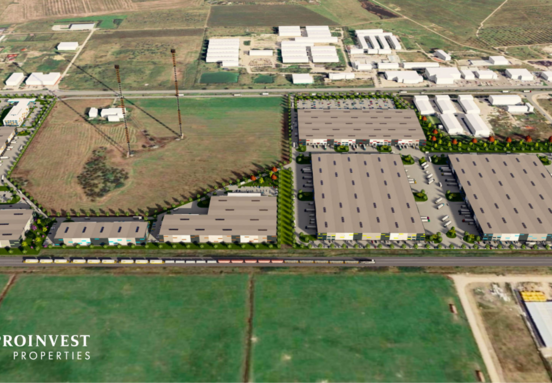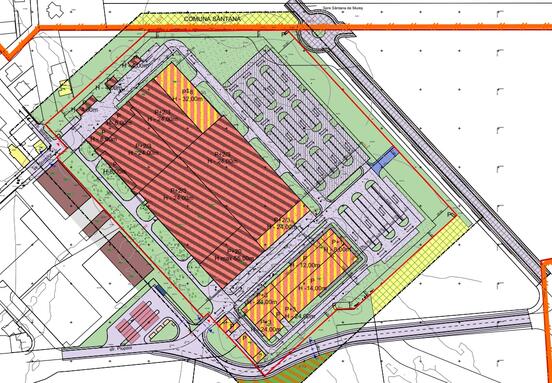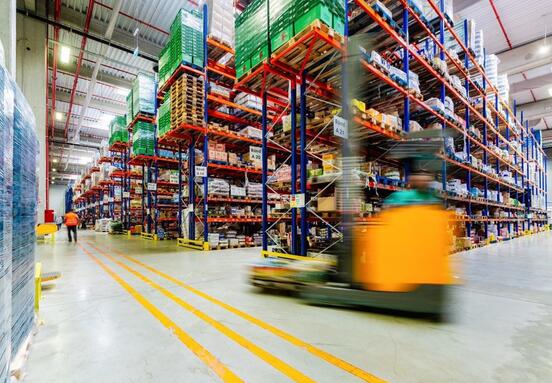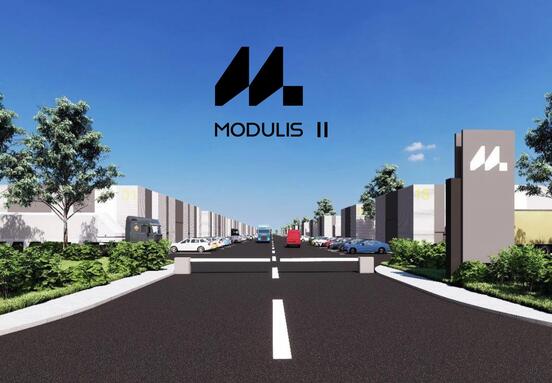Three producers within the industry put Romania on their investments map through project with a value of EUR 160 million, which will create at least 3,500 new jobs, according to ZF data.
„Romania is still attractive due to labour costs, it is still an advantage we have, considering that the salaries are a large percent of the final price of large home appliances. We realized quite late that we had to encourage the foreign investments, to offer state aids. The trend is good, we could also expect other investments“, says Radu Merica, the president of the Romanian-German Chamber of Commerce and Industry.
In 2013, the Italian De’Longhi started to manufacture on the local market coffee expressers in Jucu (Cluj county), on the facility left available by the mobile phones producer Nokia, exceeding in two years a turnover of EUR 70 million.
The following years, Kärcher and Arcelik (owners of Arctic) should build from scratch two factories of EUR 130 million, one of vacuum cleaners and one of washing machines.
The three investments have all received state aids totalling more than EUR 57 million, a third of the total value of the projects.
Currently, Romania is manufacturing home appliances of only EUR 500-600 million, with five large factories of end products and a few parts factories, totalling around 1 pct of the exports. In Poland, the production is more than 25 times bigger, with giants such as Samsung, Bosch or Whirlpool having nearly 30 production units. Poland is therefore one of the largest European manufacturers of home appliances.
However, the fast pace of the investments in this field could make the Romanian market a production hub for home appliances, especially as the presence of the large manufacturers usually attracts other players. An example is thus offered by the automotive industry, where Dacia and Ford have created production “ecosystems” around them, by attracting tens of auto parts manufacturers. (source: zf.ro)






